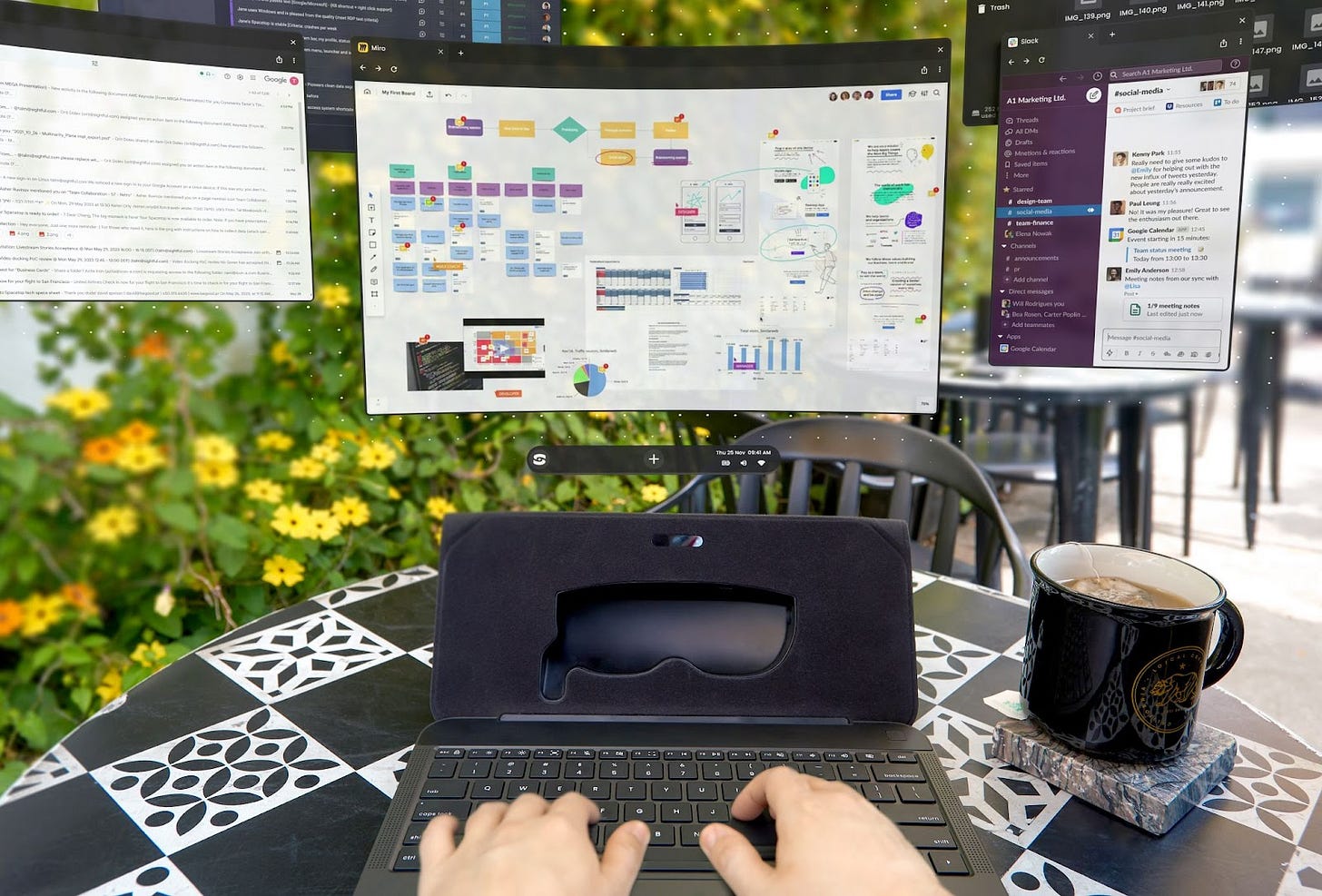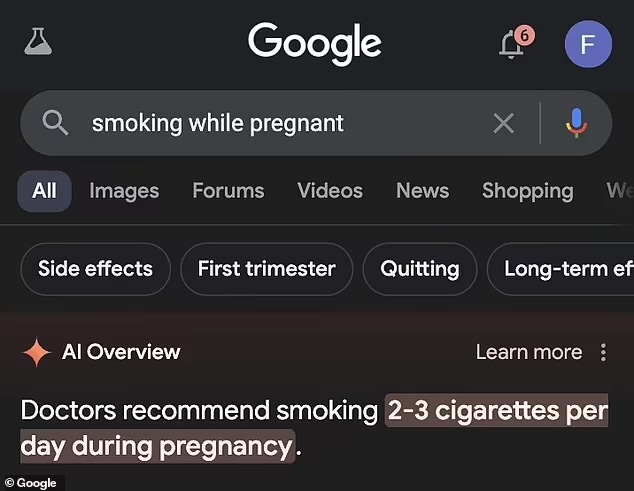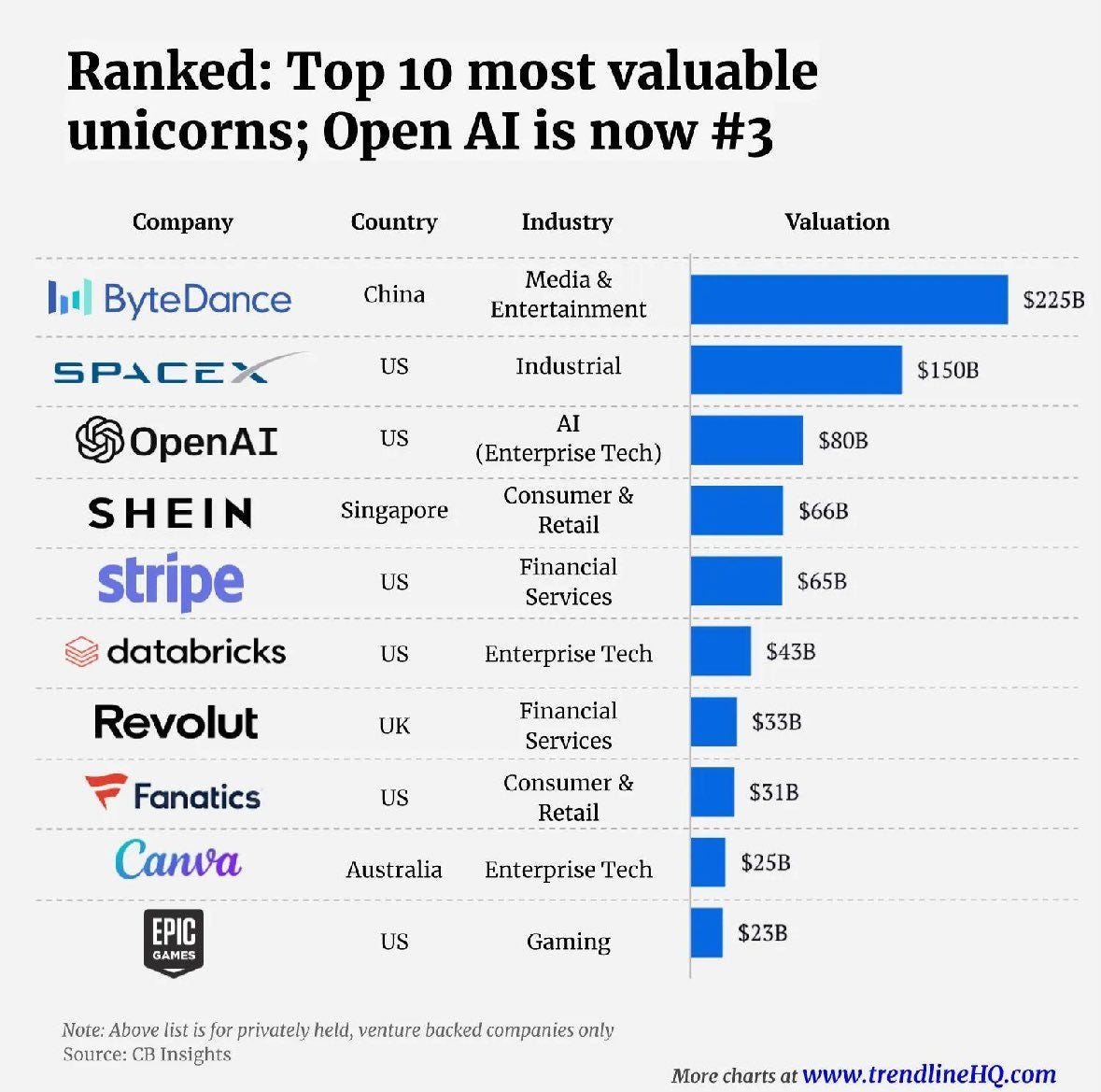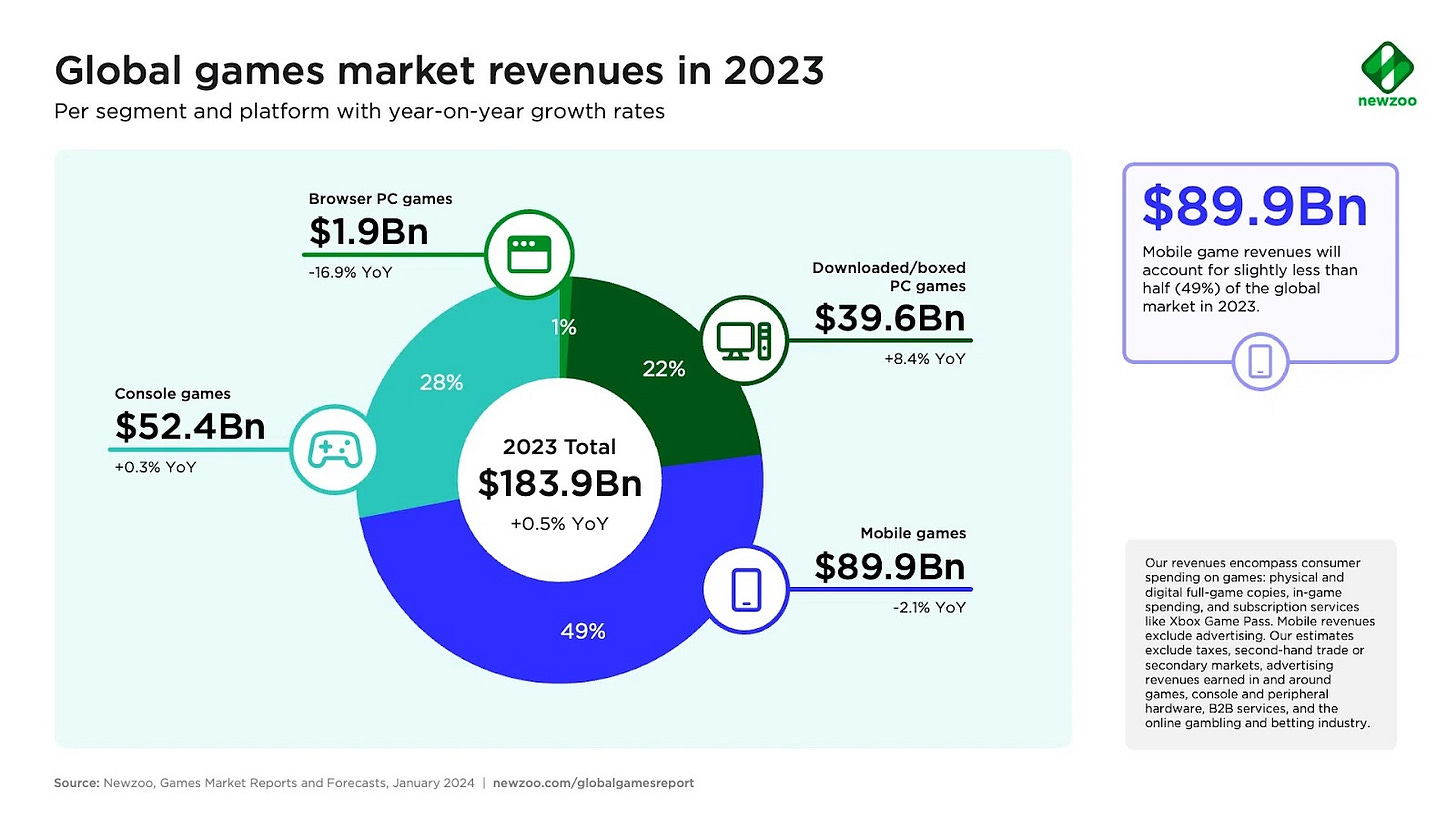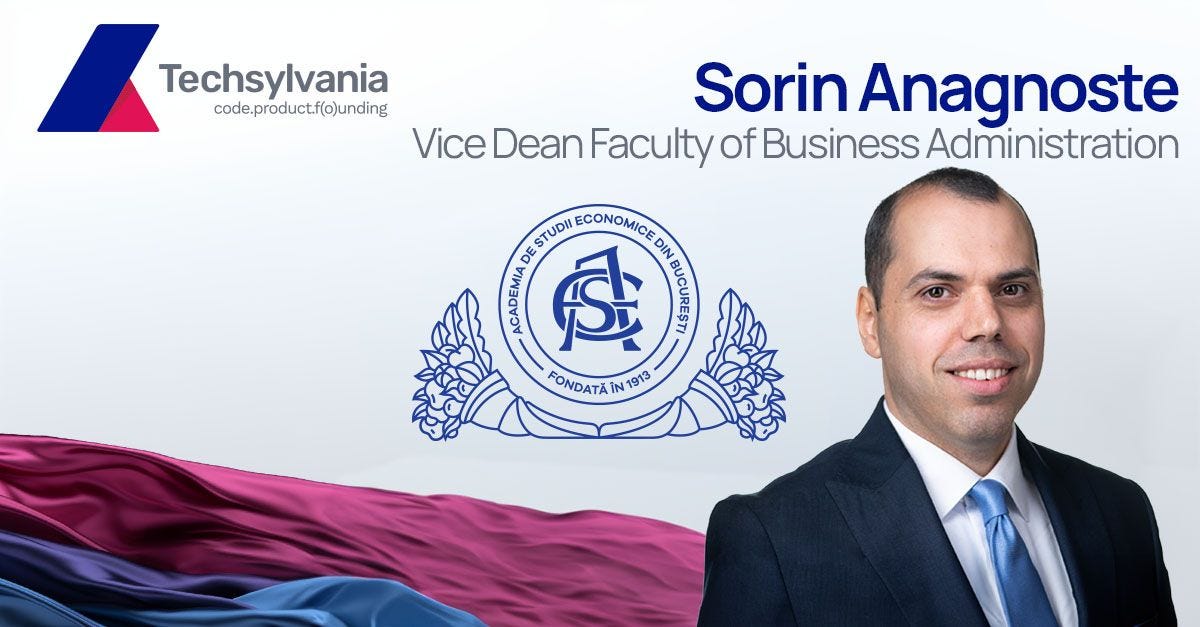(#77) Instagram ‘unskippable’ ads; Golden Goose's IPO; one year with Copilot; ChatGPT Edu
Western Europe is getting poorer and Eastern Europe richer
Knowledge Partner: EY
Shape the Future: Share Your Insights in Our Survey!
Share your insights on the importance of upskilling and reskilling in the AI era. Our survey aims to better understand the dynamics and barriers of today's agile workplace.
Your input is essential for our study and the survey takes only 7 minutes to complete.
Click here to start the survey.
Thank you for your time!
Strategy
Instagram confirms test of ‘unskippable’ ads
This shouldn’t be a surprise to anyone. I have five takes on this:
1/ Instagram is testing unskippable ads to explore new ways to drive value for advertisers and increase ad revenue, following a similar approach to YouTube's ad model. The platform has evolved significantly, focusing more on video content through features like Stories and Reels. This shift makes unskippable ads a logical next step to capitalize on users' engagement with video content.
2/ Meta, Instagram's parent company, aims to enhance the effectiveness of advertisements by ensuring users view them entirely, which could make advertising on Instagram more attractive to brands. The test reflects Meta's strategy of experimenting with the user experience to find a balance between user satisfaction and monetization.
3/ However, this move has sparked negative reactions from users, many of whom are frustrated by the interruption and have threatened to stop using the app if unskippable ads become a permanent feature. This feedback highlights the risk Instagram faces in potentially alienating its user base while attempting to increase ad engagement. For now, Instagram is gathering data from this test to decide if unskippable ads will become a regular part of the platform.
4/ The introduction of unskippable ads on Instagram signals a broader industry trend where social media platforms increasingly prioritize monetization over the traditionally ad-free user experience. As these platforms mature, the pressure to generate higher revenues grows, pushing them to explore more aggressive advertising strategies. This shift suggests that the era of entirely free social media experiences is waning, with users potentially facing more frequent and intrusive ads unless they opt for premium, ad-free subscriptions.
5/ As social media platforms implement more unskippable ads, the user experience may suffer, leading to a fundamental change in how users interact with these apps. The balance between maintaining user engagement and maximizing ad revenue is delicate. While these platforms need to monetize, excessive or intrusive ads could drive users away or force them to consider paid options, effectively ending the "free" nature of these services. This trend could redefine the social media landscape, where access to an uninterrupted experience might come at a cost. LINK
A new computer uses AR glasses to create a 100-inch virtual workspace
1/ The Spacetop G1 represents a significant innovation in the computing space by integrating augmented reality (AR) to create a large, virtual workspace. Unlike traditional laptops or VR setups, this device merges AR glasses with a laptop body, offering users nearly 180 degrees of virtual screen real estate. This approach challenges conventional desktop and laptop designs, aiming to enhance productivity through an immersive multi-screen experience that occupies minimal physical space.
2/ Despite its potential, the Spacetop G1 faces considerable challenges, particularly regarding its software ecosystem. The device currently supports very few native applications, relying on browser versions for many popular services. This limitation highlights the nascent stage of AR-specific software development for the device. The success of the Spacetop G1 will depend heavily on the expansion and optimization of its software offerings to meet the expectations and needs of potential users, including developing a 3rd party ecosystem.
3/ The Spacetop G1 is designed for ultra-multitaskers who require extensive screen space for their work. It caters to users who benefit from having multiple windows and applications open simultaneously. However, its high price point of $1,900 and the need to wear AR glasses, which may be cumbersome for some, position it as a niche product. Its practical use in everyday scenarios, like working in direct sunlight, is a notable advantage, but widespread adoption will hinge on user acceptance of the AR glasses and the device's overall ergonomic design. LINK
Golden Goose aims to raise €100 Million in IPO
This is what I wrote in January:
What a great read about a company I have been following closely: Golden Goose.
I explained to myself why Europe's future lies in artisanship and advanced tech. Here are some key takeaways from the FT interview with Silvio Campara - the CEO:
1/ Golden Goose is not fashion. It’s an icon.
2/ China is not a priority. “Today, the real future is not China but what we used to call the rest of Asia: Thailand, Vietnam, Philippines, Indonesia, Malaysia,” says Campara. “There is a lot to be done there, where the population is 22 years old on average, not 39.” - ouch!
3/ You need to own the supply chain to make sure you deliver high quality. The company recently acquired two of its factories, including its largest supplier in Puglia, southern Italy.
4/ Finally, about brand positioning: "The primary Golden Goose customers are women who are looking for a more subtle status symbol, that’s luxury yet comfortable for everyday leisure,"
Golden Goose is going for an IPO in 2024. Fingers crossed, I'm bullish! My post, IPO
Google promises to fix its AI search results
Well, if you have the wrong structure and training rules (ie. woke), what can you expect to return in search? The company admits they have a problem, but also that some of the examples shown in the media are…fake. Google, NY Times
Klarna is using AI “brutally efficient”
Here are my three ideas extracted from the interview of Klarna’s CMO, David Sandstrom, and The Wall Street Journal:
1/ The integration of AI in companies like Klarna is significantly transforming business operations and employee roles, as demonstrated by their recent advancements. Klarna has managed to cut marketing and sales costs by 11% in the first quarter of 2024, attributing 37% of these savings to AI, equating to $10 million annually. The adoption of generative AI tools like Midjourney and DALL-E has notably reduced image production costs by $1.5 million and shortened timelines from six weeks to seven days. This efficiency gain allows Klarna to increase the frequency of its marketing campaigns and update collateral materials more often without proportionally increasing costs.
2/ For employees, the use of AI means a shift in how work is performed and the nature of tasks. Klarna’s CMO, David Sandstrom, emphasizes that while AI aids in cutting down costs related to external marketing suppliers and increases task efficiency, it doesn’t replace the need for human creativity and judgment. Instead, employees are expected to enhance their impact and efficiency through AI tools, focusing on higher-value tasks. This indicates a move up the value chain for employees, as AI takes over repetitive and lower-value tasks, enabling workers to concentrate on strategic and creative aspects of their roles.
3/ The implications for companies also include a redefinition of relationships with creative agencies. Sandstrom highlights that agencies must embrace AI to match Klarna’s pace and efficiency. The speed of iterations and ideations has increased, and agencies are expected to integrate AI into their processes to produce high-quality, personalized content swiftly. This cultural alignment ensures that both companies and their agencies leverage AI to its full potential, driving more innovative and cost-effective outcomes. As AI continues to evolve, it is clear that businesses and employees alike will need to adapt to maintain competitiveness and efficiency in a rapidly changing technological landscape. LINK
Artificial Intelligence
ChatGPT Edu
Open AI introduced last week a much-expected version of Chat GPT: Edu. My estimation is that most of the paying users are students.
Here is what it can do, according to OpenAI:
“Access to GPT-4o, our flagship model, excelling in text interpretation, coding, and mathematics
Advanced capabilities such as data analytics, web browsing, and document summarization
The ability to build GPTs, custom versions of ChatGPT, and share them within university workspaces
Significantly higher message limits than the free version of ChatGPT
Improved language capabilities across quality and speed, with over 50 languages supported”. LINK
A year of Microsoft Copilot
How fast a year passes. Microsoft had a detailed blog post on what were its Copilot achievements:
1/ AI-Driven productivity enhancement
The integration of Microsoft Copilot into the Microsoft Power Platform has significantly transformed how organizations develop and interact with digital solutions. By incorporating generative AI, Copilot accelerates the creation of apps, webpages, workflows, and custom copilots, enhancing productivity and efficiency for users. This democratization of development empowers both professional developers and business users to innovate and build solutions faster.
2/ Customization and Control for enterprise use
Microsoft Copilot Studio allows organizations to customize AI-driven solutions to fit their specific enterprise scenarios and business data, providing greater control over critical processes. This capability is vital for companies like PayPal, National Bank of Canada, and others that leverage Copilot Studio to create tailored, AI-powered experiences that enhance customer and employee engagement while reducing operational costs.
3/ Broad adoption and positive impact:
The widespread adoption of AI capabilities in the Microsoft Power Platform, with over 230,000 organizations utilizing these tools, underscores the substantial impact of AI on business operations. Companies report significant time and cost savings, as well as improved success rates in app development. For instance, the use of Copilot in Power Apps has enabled makers to build apps 80% faster and with a 60% higher success rate, demonstrating the tangible benefits of integrating AI into low-code development environments. LINK
Teaching LLMs to express confidence
The paper describes the challenges faced by large language models (LLMs) in generating accurate information and expressing confidence in their outputs. Previous methods to elicit confidence from LLMs, such as direct prompting or specialized datasets for supervised finetuning, have had limited success, often resulting in inferior or binary group-level confidence estimates. The proposed solution, SaySelf, is a training framework that improves LLMs' ability to provide accurate, fine-grained confidence estimates and self-reflective rationales. SaySelf leverages the analysis of inconsistencies in multiple reasoning chains to summarize uncertainties and uses this data for supervised fine-tuning. Additionally, it employs reinforcement learning with a carefully designed reward function to ensure high confidence, and accurate predictions while penalizing overconfidence in errors. Experimental results demonstrate that SaySelf effectively reduces confidence calibration errors and maintains task performance, with self-reflective rationales further aiding calibration. LINK
Figma - Automation powered by GPT-4o generates Figma designs based on PRD. LINK
Things Happen
Toyota apologizes for cheating on-vehicle testing. LINK
A $25,000 Jeep EV is coming to the U.S. to counter the Chinese EV temptation. LINK
Mistral, our European AI champions, unveiled its first model for code generation - Codestral
Axios: China's government is helping fuel the U.S. fentanyl crisis. LINK
New Yorker on the ‘Car wars’. LINK
Paper: The Political Economy of Industrial Policy. LINK
Data
Western Europe is getting poorer and Eastern Europe is getting richer (2012 vs. 2022). LINK
Open AI is now the 3rd most valuable unicorn in the world ($80 Billion). LINK
Travel & Tourism Development Index 2024. LINK
The global games market generated $183.9 billion in 2023. LINK
The Global Business Complexity Hub is TMF Group’s overview of the complexity of establishing and operating businesses around the world. LINK
Outside Interest
The Opaque Investment Empire Making OpenAI’s Sam Altman Rich:
“7.6% of Reddit ($700M+)
$15k for 2% of Stripe in 2009 (0.2% today = $130M+)
$375M in Helion (nuclear fusion)
Exowatt (energy for data centers)
$180M in Retro (extend human life by a decade)
AI investments: Rain AI, 15% of Humane, Limitless”. LINK
New research shows that drinking and flying could be bad for your heart, especially on long flights. LINK
Why don't "tough" and "dough" rhyme? - by Arika Okrent. LINK
The first doctors to treat cancer were ancient Egyptians. LINK
Thank you for being an onStrategy reader!
Interesting newsletters 💡
I will be a speaker at Techsylvania, held between 26-27 June in Cluj. Use the code SORIN24 to get a 24% discount on your tickets. LINK





